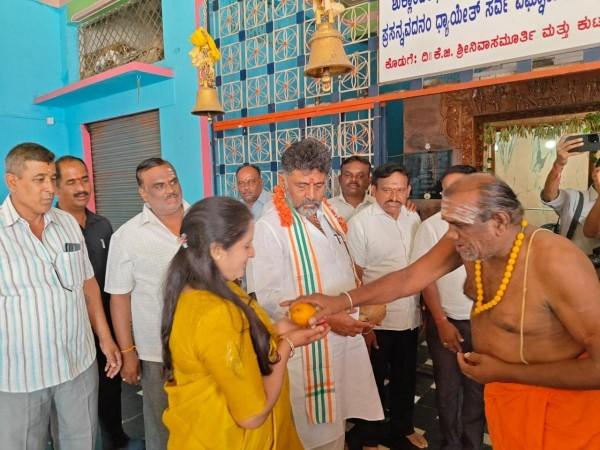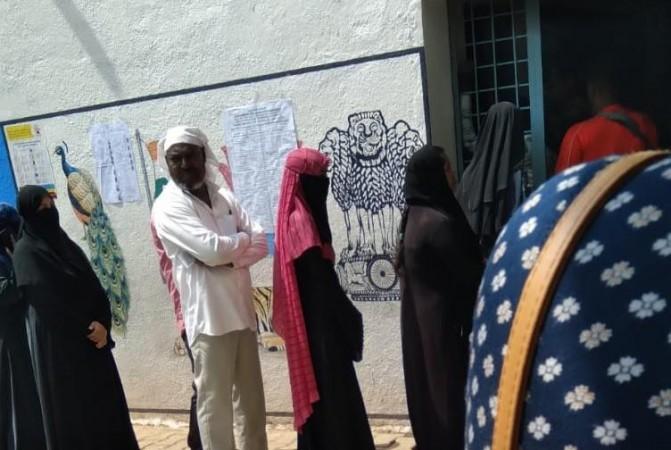With the crucial Assembly elections concluding in Karnataka on Wednesday, the News24-Today's Chanakya exit poll has predicted a clear majority for the Congress with 120 seats in the 224-member state Assembly.
The exit poll has predicted that the Congress is likely to get 120 seats, followed by the BJP at 92, and JD(S) at 12.
The Congress had won 80 seats in the 2018 Assembly polls, while the BJP had won 104 seats. The JD(S) had finished a distant third with 37 seats in 2018.

However, the BJP, which emerged as the single-largest party in 2018, had to sit in the opposition as the Congress allied with the JD(S) to form the government with H.D. Kumaraswamy of the JD(S) as the Chief Minister.
The alliance, however, didn't last long as many JD(S) MLAs quit the party and joined the BJP. The state recorded around 65.69 per cent voter turnout till 5 p.m. on Wednesday. Counting of votes will take place on May 13.
C-Voter Exit Poll
After the conclusion of the Assembly elections in Karnataka on Wednesday, the ABP/C-Voter Exit Poll projected a close contest between the Bharatiya Janata Party (BJP) and the Congress in the Mumbai-Karnataka region that sends 50 legislators to the 224-member state Assembly.
The survey findings indicate that BJP is projected to win 26 seats (projected range of 24-28) in the region, down from 30 it won in 2018, while the Congress is expected to win 24 seats (projected range of 22-26), seven morte than its 2018 tally of 17, according to the ABP/C-Voter Exit Poll.

According to the survey, the BJP is projected to secure 43.4 per cent vote share in the Mumbai-Karnataka region, marginally lower than its 2018 share of 44 per cent. For the Congress, the data predicted a vote share of 43.8 per cent, an upswing of 4.8 per cent from its 2018 share of 39 per cent.
(With inputs from IANS)














